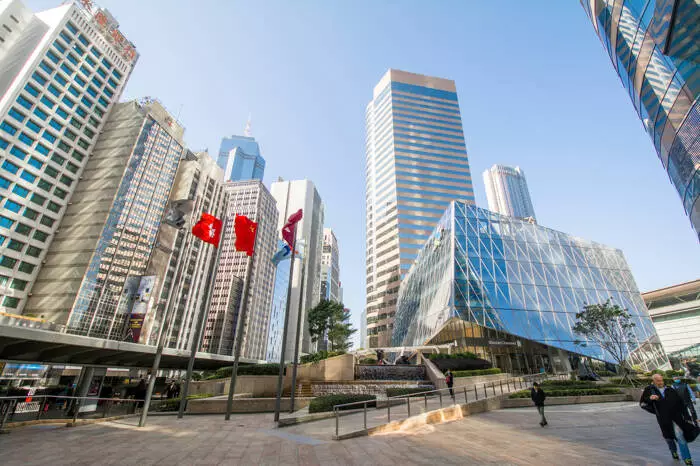In the week leading up to October 18, 2023, Asian equity markets depicted a turbulent landscape, particularly evident in the Hang Seng Index (HSI), which saw a continuation of its downward trajectory with a drop of 2.11%. The underpinning factors for this decline included persistent weaknesses in the tech and real estate sectors, two pillars that many investors depend on for growth.
Despite a noteworthy Friday rally of 3.61%, the week’s overall performance was dampened by significant losses from leading technology stocks such as Baidu and Alibaba, which experienced substantial declines of 7.62% and 5.01%, respectively. This discontent within the tech sphere was mirrored in the Hang Seng Tech Index (HSTECH), which fell by 2.86%. The outlook for real estate was similarly bleak, with the Hang Seng Mainland Properties Index (HMPI) shedding 2.46%.
Diving deeper into sector performance, it is evident that the technology and real estate sectors are adversely impacting investor sentiment. The fall of Shimao Group Holdings Ltd. and Agile Group Holdings Ltd., which plummeted by 15.12% and 16.22%, respectively, signifies growing concerns over liquidity and demand in the real estate market. This sector is crucial as it often reflects broader economic health, implying that investors are wary of future growth in China amid ongoing uncertainties.
On the other hand, while the Mainland markets like the CSI 300 and Shanghai Composite saw slight gains of 0.98% and 1.36%, respectively, their performance does not seem to alleviate concerns surrounding the overarching economic environment. Thus, the discrepancy between these indices and the HSI highlights an unsettling dichotomy in market confidence.
Global events and economic data emerged as significant influencers this past week. The Chinese data released on Friday hinted at potential stimulus measures which incited a brief resurgence in market optimism. Investors reacted favorably, pushing up gold prices by 2.41%, reaching a staggering record high of $2,723. This was principally fueled by geopolitical tensions in the Middle East that drove investors towards traditionally safer assets such as gold.
Coupled with speculation around multiple interest rate cuts from the Federal Reserve in Q4 2024, there is a palpable shift towards risk-averse investment strategies. The Australian stock index, ASX 200, rose by 0.84%, spurred by optimism surrounding these anticipated rate cuts and the resultant increase in demand for gold-related stocks like Northern Star Resources Ltd., which rose by 6.95%.
The Australian banking sector showcased resilience during this period, with Commonwealth Bank of Australia and National Australia Bank experiencing gains of 5.32% and 5.10%, respectively. The attraction towards these stocks can largely be attributed to their higher dividend yields, which tend to attract investors during periods of monetary easing.
Conversely, the mining sector faced the brunt of falling iron ore prices, which slid by 5.02% due to concerns surrounding Chinese economic health. Major players such as BHP Group Ltd. and Rio Tinto Ltd. witnessed declines of 3.15% and 1.64%, respectively, suggesting that the ramifications of poor pricing in commodities are creating ripples throughout the market, discouraging investment in traditionally buoyant sectors.
As we approach the end of the year, it is becoming increasingly vital for investors to remain cautious and informed about shifting market dynamics, particularly in light of China’s potential stimulus measures that could rejuvenate demand for riskier assets. Furthermore, the interplay of geopolitical tensions, adjusted Fed interest rates, and the effects of Bank of Japan’s monetary policy will require close examination.
The recent fluctuations within the markets indicate that while opportunities for growth still exist, they are heavily influenced by external factors beyond mere domestic performance. Thus, maintaining an updated understanding of both regional and global news will be crucial for managing equity positions across Asia in the weeks ahead.

